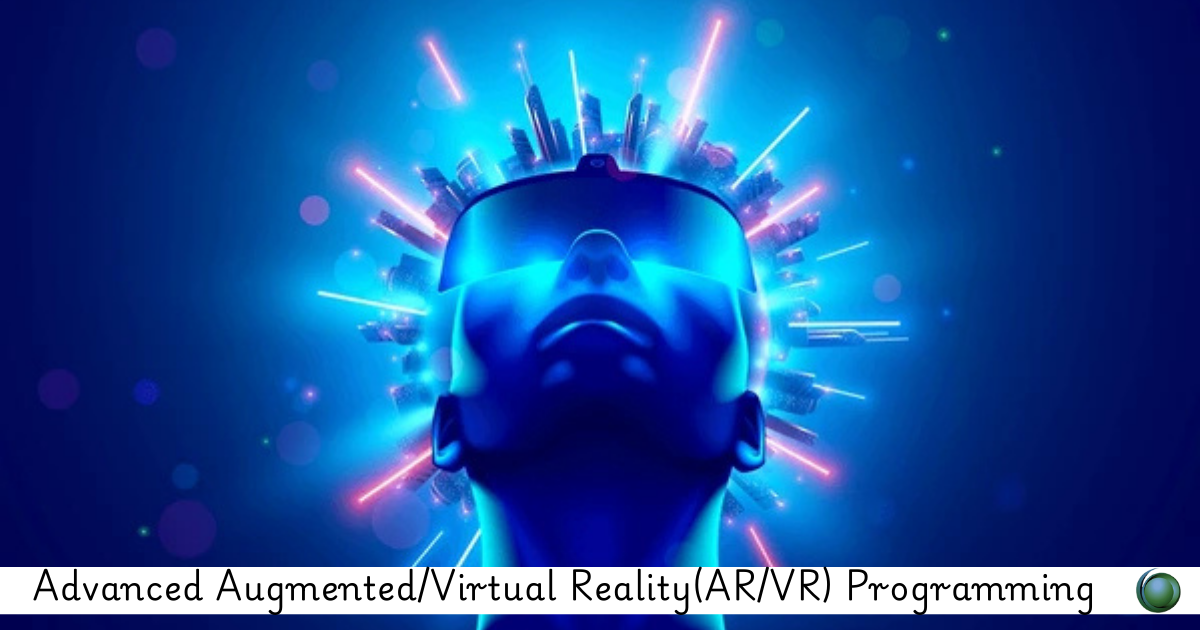Description
Introduction of Topological Quantum Computing
Topological Quantum Computing explores a unique approach to quantum computing that relies on topological phases of matter to perform computations. This training program provides an in-depth look at the principles, including the theoretical foundations, topological qubits, and their practical applications. Participants will gain a thorough understanding of how topology can enhance quantum computing stability and error resilience, paving the way for more robust and scalable quantum systems.
Prerequisites
- Basic Quantum Computing Knowledge: Familiarity with fundamental quantum concepts such as qubits, superposition, and quantum gates.
- Mathematical Background: Proficiency in linear algebra, topology, and complex analysis.
- Quantum Mechanics: Understanding of quantum states, operators, and measurements.
- Programming Skills: Experience with programming languages like Python and quantum computing libraries (e.g., Qiskit).
Table of Contents
1: Introduction
- Overview of Quantum Computing
- Introduction
- Historical Development and Motivation
2: Fundamentals of Topology
- Basics of Topology and Topological Spaces
- Key Topological Concepts (e.g., Homotopy, Knots, and Links)
- Topological Invariants and Their Role in Quantum Computing
3: Topological Phases of Matter
- Understanding Topological Phases
- Topological Insulators and Superconductors
- Anyons and Their Properties
4: Topological Qubits and Computation
- Introduction to Topological Qubits (e.g., Majorana Fermions, Anyons)
- How Topological Qubits Work
- Advantages of Topological Qubits in Quantum Computing(Ref: Quantum Computing and Quantum Information)
5: Topological Quantum Gates and Circuits
- Design and Implementation of Topological Quantum Gates
- Topological Quantum Circuits: Structure and Function
- Error Correction and Fault Tolerance in Topological Quantum Circuits
6: Experimental Realizations and Technologies
- Overview of Experimental Approaches (e.g., Quantum Hall Systems, Superconducting Qubits)
- Current Technologies and Platforms
- Recent Advances and Achievements
7: Applications and Use Cases
- Potential Applications
- Case Studies and Real-World Implementations
- Impact on Quantum Algorithms and Computational Problems
8: Challenges and Future Directions
- Current Challenges in Topological Quantum Computing
- Theoretical and Practical Research Frontiers
- Future Trends and Emerging Technologies
9: Hands-On Lab and Project Work
- Practical Exercises: Simulating Topological Quantum Systems
- Group Project: Designing a Topological Quantum Circuit for a Specific Task
- Presentation and Review of Group Projects
Conclusion
- Recap of Key Learnings
- Discussion of Ongoing Research and Future Opportunities
- Resources for Further Study and Exploration
This structured outline should provide a comprehensive guide to understanding and applying principles, catering to both theoretical and practical aspects of the field.







Reviews
There are no reviews yet.